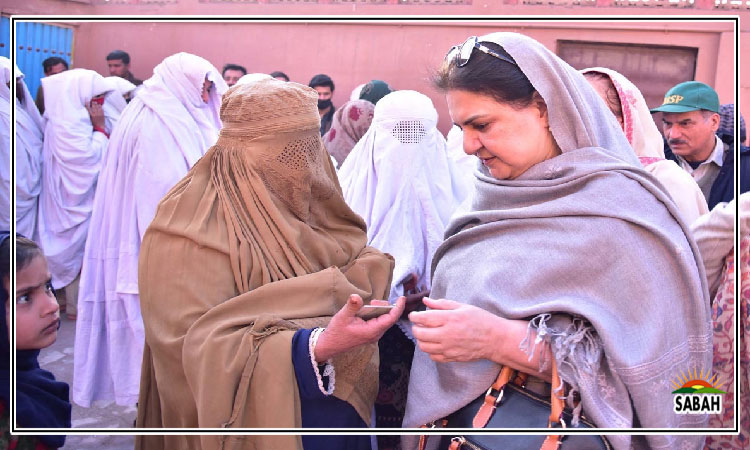Education and corruption…Muhammad Ali Falak
A thorny ranking in the list of most corrupt nations tells us where to look. Controversially, the first place where a child learns to cheat is in his class exams. Even more worrisome, he is almost always rewarded and walks with impunity. This stimulates the belief: unfair means are justified for high goals! The cycle continues. Society degenerates as corruption becomes a norm. Sounds familiar?
Why do students cheat has been an intriguing question for many researchers. At home, the reprehensible state of affairs is hardly a closely guarded secret. Every year, the beginning of examinations is a bugle call to prospective cheaters to gear up and look for ingenious ways to get through exams with flying colours.
Incidents reporting students running with books in their hands when vigilance teams strike, invigilators accepting bribes and impersonation of candidates have clearly made headlines.
Many factors contribute. However, a rote learning-based educational system is the rationale behind this menace. The pressure to get enrolled in top-notch colleges makes children cheat in schools. Later on, in order to get into the best universities, students feel inclined to cheat in college. In universities, students cheat because a good grade point average helps in landing a good job.
For many students, the system is the monster! Research indicates that students are cut out of conversations about school policies and culture.
Teachers care about cheating because its not fair that students get good grades but didnt follow the teachers rules, said Imran, a student in his first year at a local university in Lahore. Peer pressure makes students cheat to prove themselves to be the smartest kid in the class or they want to seem cooler than their friends or try to impress their friends, said another student in the computer science department at a private college.
A course correction is needed. This will not only help students see a better version of themselves but also will save immense resources spent on the futile exercise of invigilation. A school where cheating isnt necessary would be centred around individualisation and learning. Students would learn and be tested on their knowledge. Teaching should be outcome-based rather than content-based. What is learnt by the students has to be more important than what is taught by the teacher.
For universities, open-book exams can be an antidote to dealing with the plague of cheating. This way of teaching wouldnt be based on time crunching every lesson, but more on helping a student understand a concept.
Most importantly; students must not be afraid of making mistakes while learning. The evaluation should be progress-based rather than glorifying the final result without focusing on the process involved. Besides competing in class, collaboration must be equally stressed.
In American universities, the grades and marks of the students are kept confidential. Marks of the students are communicated to them through personal portals. This helps the students not to adopt unfair means under peer pressure and focus on learning rather than reaching for the correct answer by hook and crook.
Its time for educational institutes to focus more on learning rather than using marks as the only criterion for gauging the students ability. I stopped once I realised that the 40/100 that I scored by studying and utilising my own intellect was more satisfying than the 80/100 which I scored by cheating, said Hassan, a successful entrepreneur with modest grades.
Social pressure perhaps is not the only reason why students resort to cheating. Hectic work schedules and unreasonable deadlines to deliver projects add to the woes of students urging them to cheat and plagiarise. Therefore, students must be taught work-life balance from an early age.
To curb corruption in society, ethical reforms are needed in educational institutions. Without attending to the students emotional, social and psychological needs, we will never be able to create a cheating-free culture in our society.
Courtesy The Express Tribune












